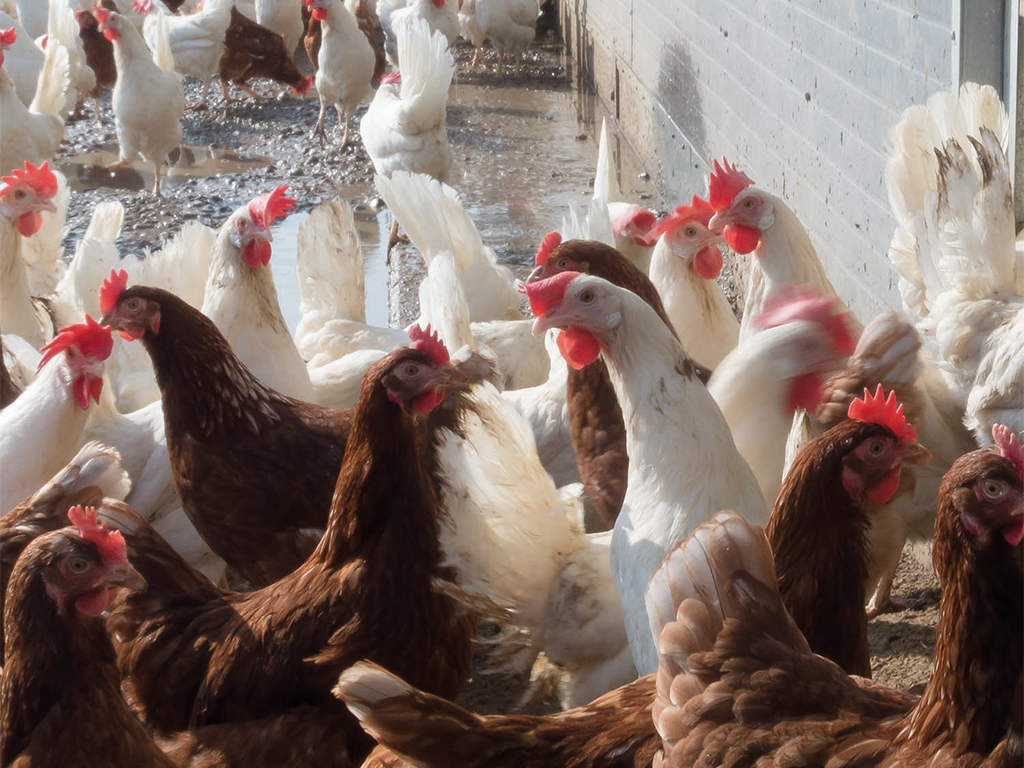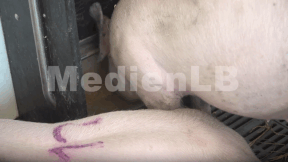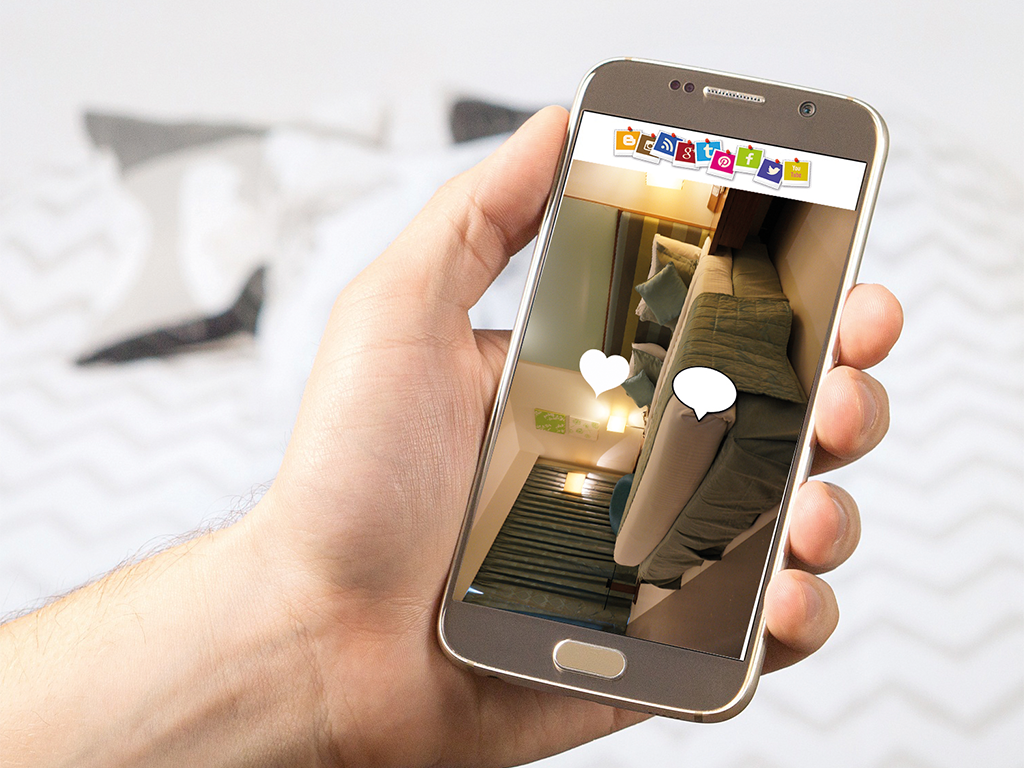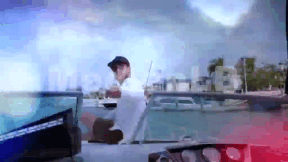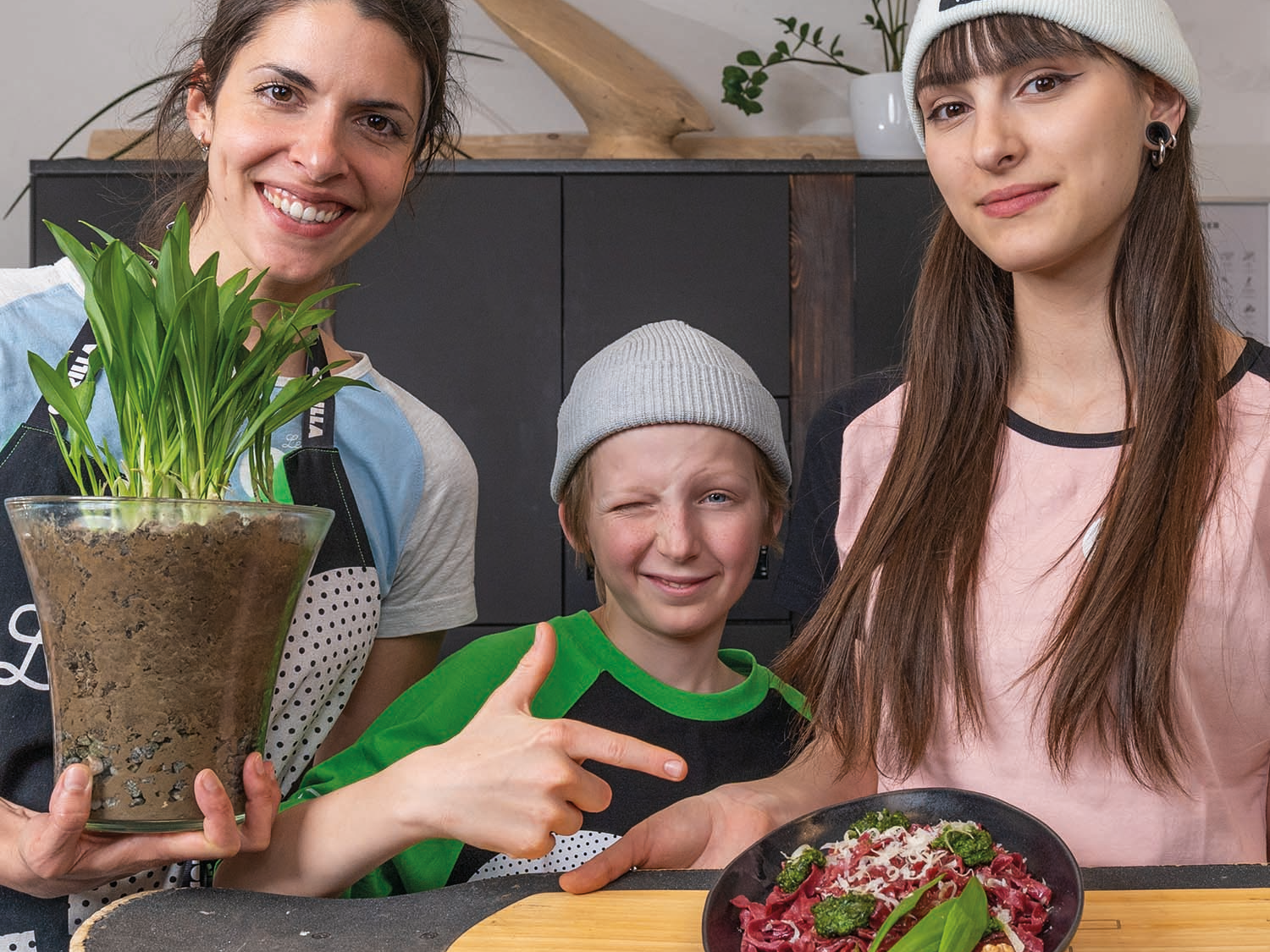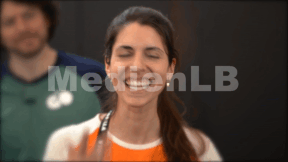 Primary School
Primary School
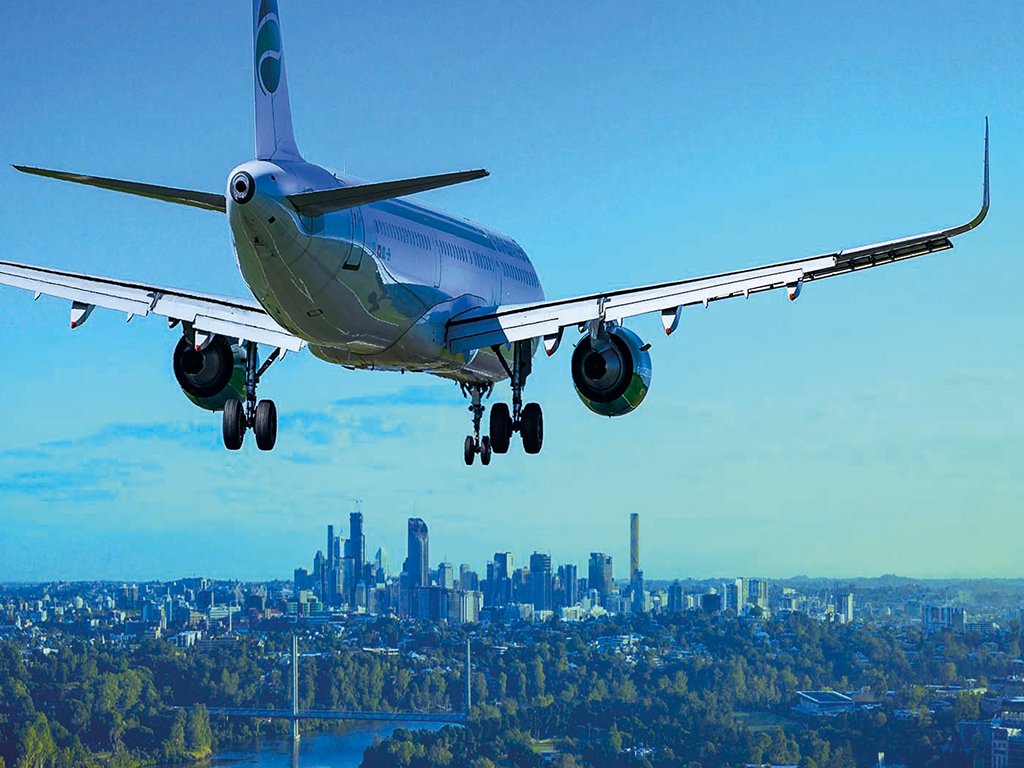

46500911 / 55500667
Unterwegs gestern und heute
Menschen, Nachrichten, Güter
Eine Reise von Frankfurt nach Australien dauert heute 24 Stunden.
In dieser Zeit sind die Menschen der Antike ungefähr 50 km weit gekommen.
Der Film zeigt die Entwicklung der Verkehrsmittel und des Reisens. Er beleuchtet das recht junge Phänomen der Erholungsreisen und zeigt, wie der Fortschritt in den Verkehrsmitteln die Reisegewohnheiten der Menschen verändert hat.
Ein zweiter Teil zeigt, wie sich die Übertragung von Nachrichten verändert hat und welche Auswirkungen der enorme Zuwachs der Übertragungsgeschwindigkeit auf das Leben der Menschen hat.
In Verbindung mit dem umfangreichen Zusatzmaterial (Arbeitsblätter, interaktive Aufgaben, Testfragen) lässt sich das vorliegende Medium hervorragend im Unterricht verwenden.
Die interaktiven Aufgaben wurden mit H5P erstellt und können ohne weitere Software verwendet werden.

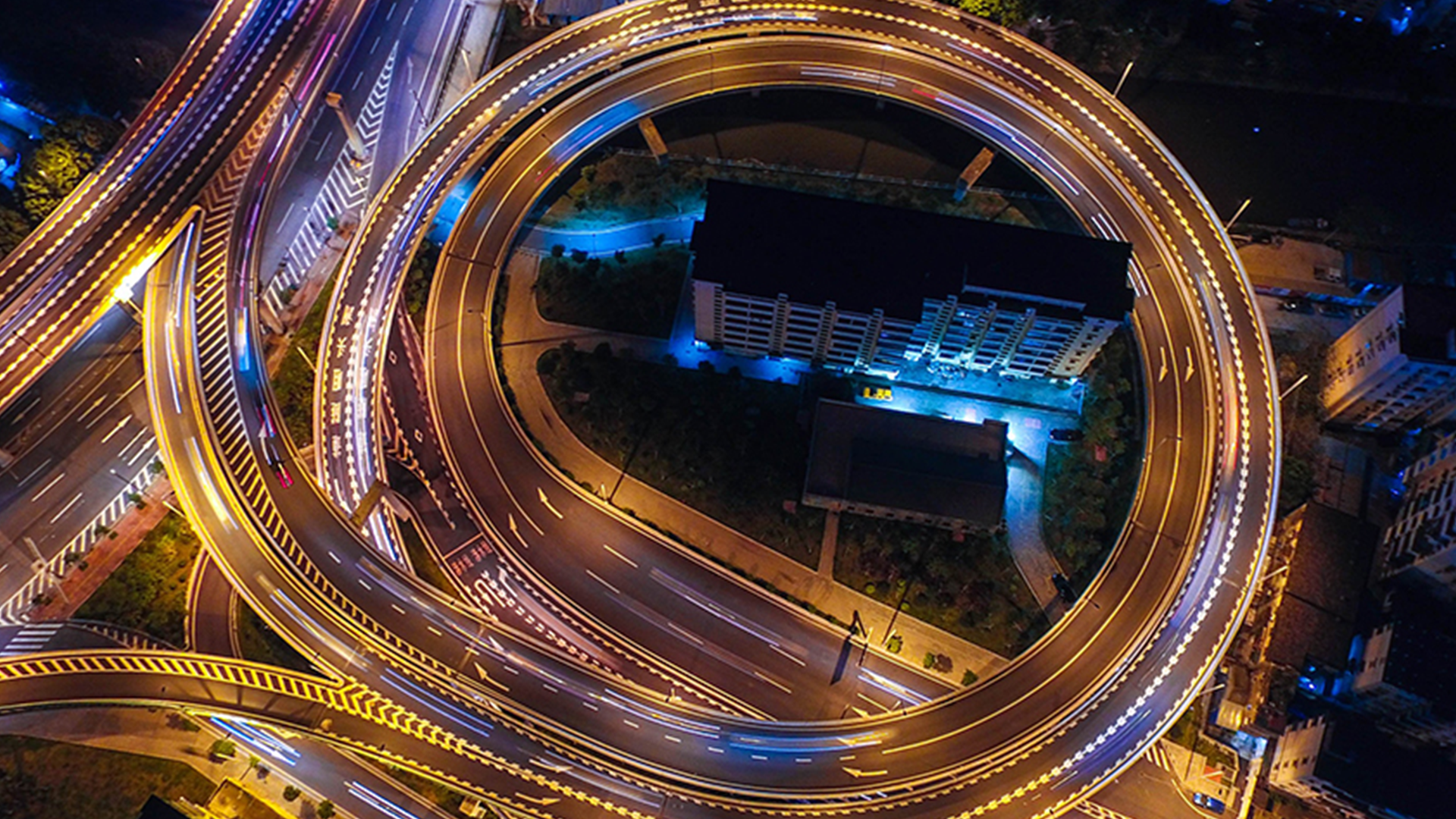
Curriculum-centred and oriented towards educational standards
Matching
Massentierhaltung
Ein Kilogramm Hühnerschenkel für 99 Cent – dieser Preis lässt sich nur erreichen, wenn die Herstellungskosten massiv niedrig gehalten werden. Der Film geht der Frage nach, unter welchen Bedingungen Tiere für die industrielle Verwertung gehalten werden. Welche Möglichkeiten die Verbraucherinnen und Verbraucher haben, auf diese Bedingungen Einfluss zu nehmen, ist der Inhalt eines eigenen Kapitels.
Soziale Medien
Ein neuartiges Phänomen ist in den sozialen Netzwerken zu beobachten – das demonstrative Zurschaustellen des Reichtums der Eltern.




